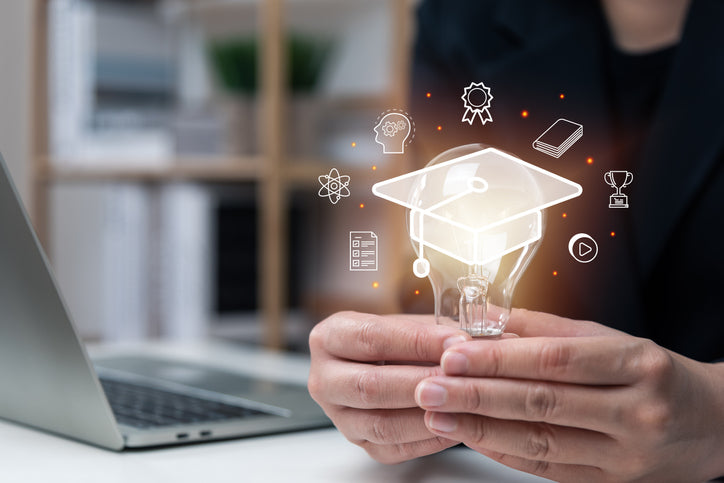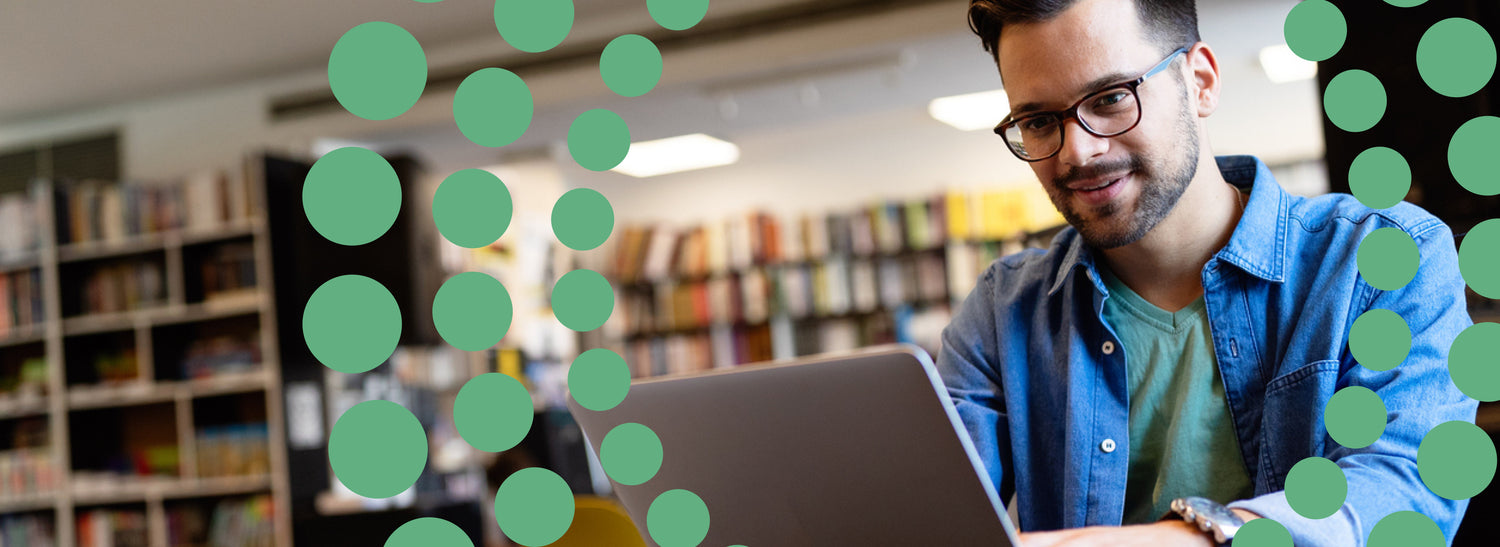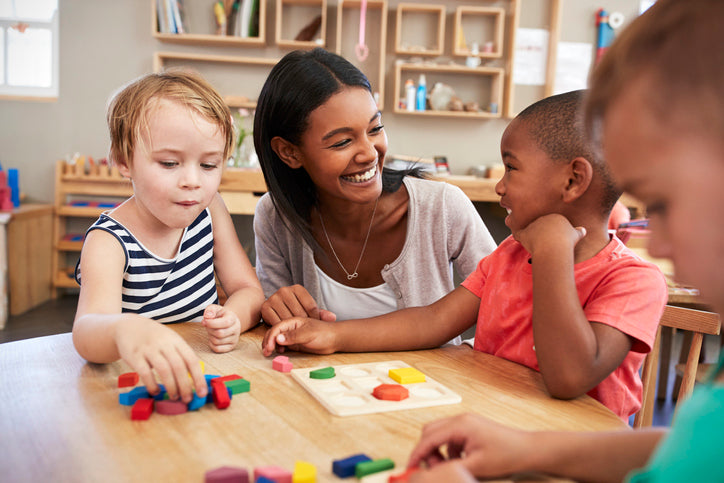Explore our collection of informative and educational blog posts to stay updated on the latest industry trends and expert advice.
How Technology-Based Multitasking Impacts Learning

With technology more prevalent than ever in our daily lives, multitasking has become increasingly common as students attempt to perform multiple tasks, such as texting, browsing Facebook, streaming media and studying, all at once.
But how does all of this increased technological activity affect students’ ability to learn?
Studies that have looked at how multitasking affects the brain’s learning systems show that learning is less flexible and more specialized when a person is multitasking, which makes it more difficult to retrieve the information later down the line.
Moreover, recent research has shown that multitasking affects not only the learning ability of the ‘multi-taskers’ but also that of those around them.
In one study, conducted by psychologists at UCLA and published in Proceedings of the National Academy of Sciences (PNAS), participants were asked to make predictions based on a set of cues from two categories of cards displaying a variety of shapes.
With one set of cards, participants learned without distractions, while in a second experiment, they performed a simultaneous task by listening to high and low beeps through headphones while mentally counting the high-pitched beeps.
The researchers found that although listening to the beeps did not reduce the accuracy of participants’ predictions, it did appear to reduce their long-term memory of the task.
When the participants were tested again in a later session on the cards they had been shown, they performed much better for the set of cards they had learned without any distractions.
Upon being questioned about the task they had learned while focusing on two activities at the same time, they were unable to extrapolate, and the researchers note that their knowledge was much less “flexible.”
Russell Poldrack, associate professor of psychology and co-author of the study, points out that these findings indicate that multitasking reduces a person’s ability to recall memories when they are placed in a different context.
“Our results suggest that learning facts and concepts will be worse if you learn them while you’re distracted,” he commented in a UCLA news release.
Poldrack explains that there are different forms of memory that are processed in different systems in the brain. For example, recalling facts or concepts, such as a past event or your phone number, uses what is known as declarative memory.
Memory for tasks such as swimming or riding a bicycle, on the other hand, is called procedural memory, and is processed in different areas of the brain.
The beeps used during the disruptive experiment affected the participants’ declarative memory, which is processed in the brain’s hippocampus, the part of the brain responsible for storing and recalling information. So, when they learned the task without distraction, the hippocampus was involved.
However, when they were distracted by the beeps, only the striatum, which is the system in the brain that enables us to learn new skills, was involved. This explains the participants’ difficulty in recalling the task they had learned while multitasking.
Another study, published earlier this year in the journal Computers and Education, showed that public displays of technology-based multitasking can also impair the learning ability of those around the multi-tasker.
In the experiment, researchers had groups of undergraduate students to listen to a lecture, but asked them not to take notes on their laptops.
Without the participants’ knowledge, a number of people were instructed to have their laptops open and switch between different tasks such as browsing the internet and taking lecture notes.
Some participants had a clear view of the laptop screens, while others were not able to see what the multi-taskers were doing. When tested after the lecture, the students who had been in view of the multi-taskers performed worse than those who had been seated further away.
The UCLA researchers note that their findings don’t mean that all multitasking is bad; in some cases it can actually be helpful, for example, listening to music while performing certain tasks has been known increase alertness.
However, they explain that when a person is trying to learn something new that they hope to remember later on, it is best to focus on the task at hand, as multitasking is likely to reduce the brain’s ability to store new information.








